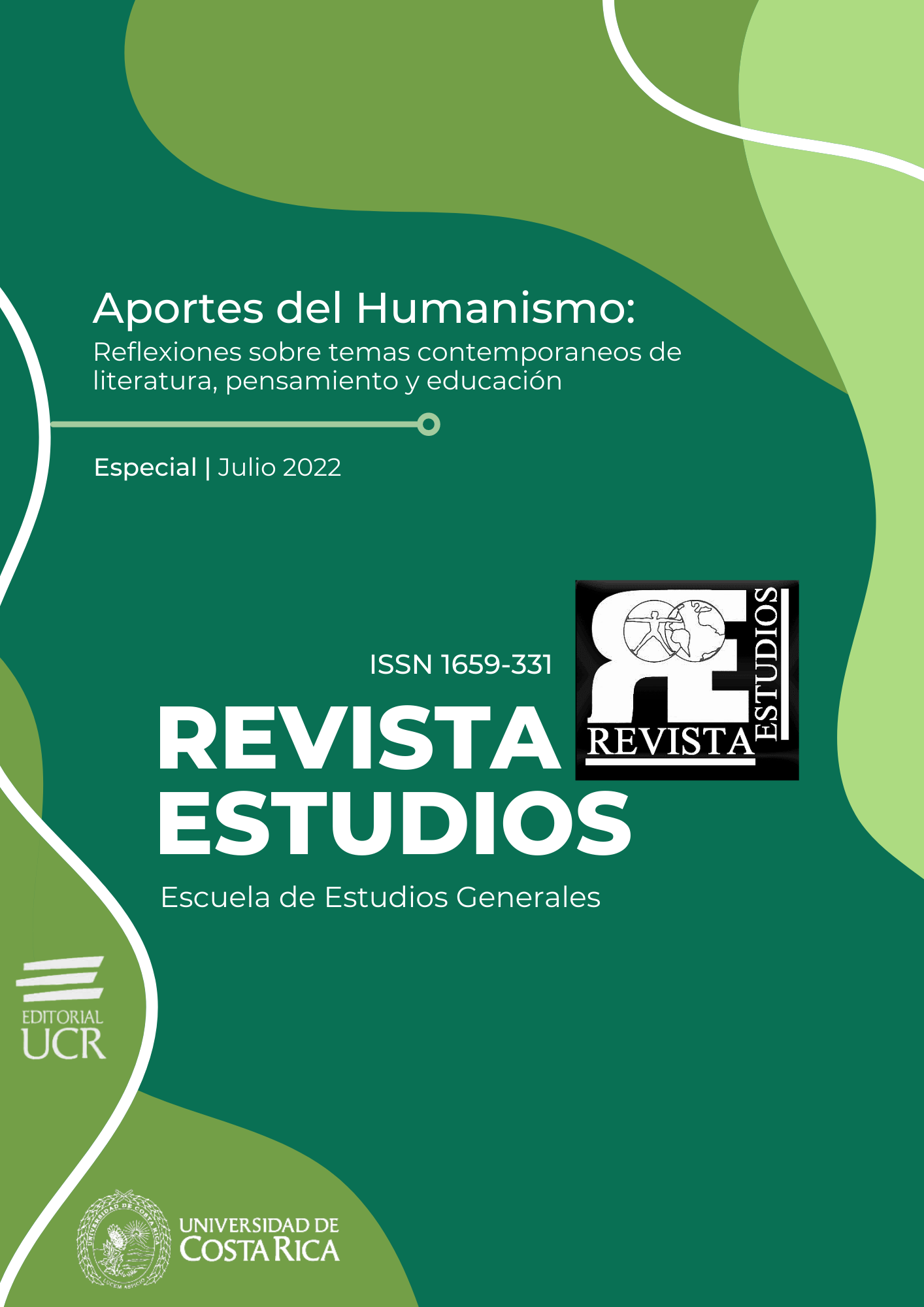Abstract
What happens when some family or community member makes (or it is suspected that he/she made) a reprehensive act? This paper is a comparative reading among the short tale “Anita la cazadora de insectos” by the Honduran writer Roberto Castillo (2004) and the drama Lizzie Borden by the Mexican writer Lucía Leonor Enríquez (2010). Both texts show a woman who is part of a family or community; and she makes (or it is suspected that made) a reprehensive act; therefore, her environment, family and friends, stay away from her. Both women lose their voice and suffer a social death. In order to understand this process, it is used in Luis Villoro’s theory “Estadios en el reconocimiento del Otro”; but in these cases the process is the opposite.
References
Abt Sacks, A. (2006). “El hombre ante la muerte. Una mirada antropológica”. Segundas Jornadas de Psicooncología, en el marco del XII Congreso Argentino de Cancerología, organizado por la Sociedad Argentina de Cancerología. Buenos Aires, Argentina. http://www.socargcancer.org.ar/actividades_cientificas/2006_hombre_ante_la_muerte.pdf
Bubnova, T. (2006). Voz, sentido y diálogo en Bajtín. Acta Poética, 27(1),97-114. ISSN: 0185-3082. México, Instituto de Investigaciones Filológicas, Distrito Federal México. https://www.redalyc.org/articulo.oa?id=358045914004
Castillo, R. (2004). “Anita la cazadora de insectos” en Mackenbach, Werner (2004) Cicatrices. Nicaragua: Ediciones Centroamericanas Anamá.
Enríquez, L. (2010). Lizzie Borden. México: Cuadernos de Dramaturgia Mexicana Paso de Gato 28.
Foucault, M. (2005). Historia de la sexualidad 1: La voluntad de saber. Trigésima edición en español. México: Siglo XXI editores.
Foucault, M. (2008). El orden del discurso. Cuarta edición. Barcelona: Fábula TusQuets Editores.
Oviedo, J. L. (1985). El nuevo cuento hondureño. Tegucigalpa: Dardo editores
Villoro, L. (2012). Estado plural, pluralidad de culturas. México: El Colegio Nacional y Universidad Autónoma del Estado de Hidalgo.

